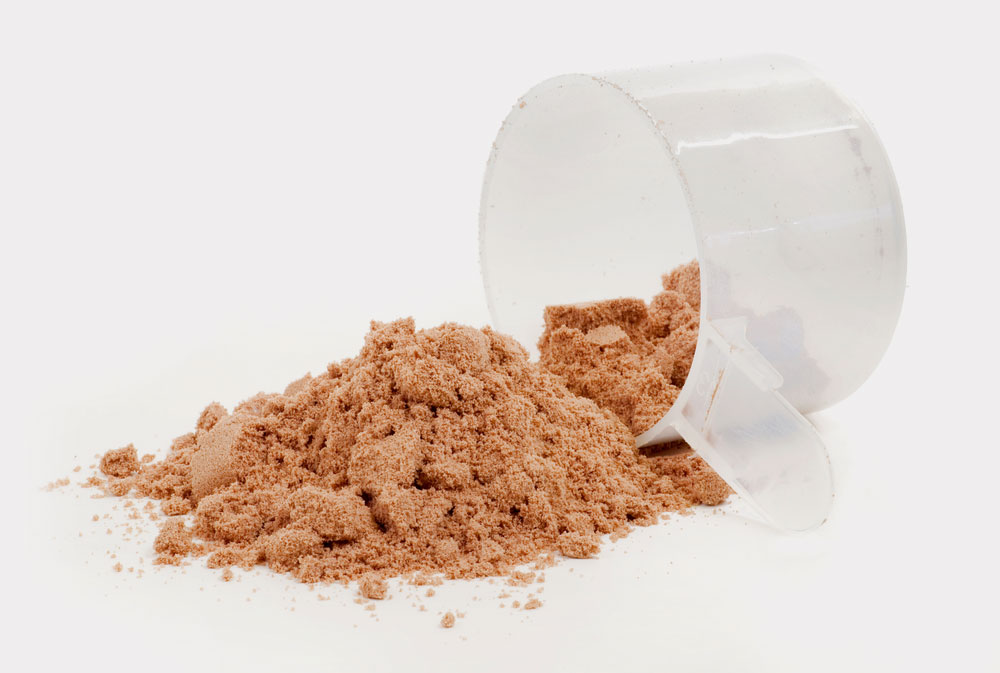Fish Diet Boosts Intelligence Scores: Sweedish Study
Fish Diet Boosts Intelligence Scores: Swedish StudyA regular intake of fish appears to boost intelligence scores in teenagers, according to a new Swedish study.
The research suggested that 15-year-old males, who ate fish at least once a week, had "higher cognitive skills at the age of 18 than those who ate it less frequently".
The fish diet appeared to "increase combined, verbal and visuospatial intelligence scores by an average of six percent".
Eating fish more than once a week almost doubled the score, according to the study published in the March issue of Acta Paediatrica.
The researchers used responses from 3,972 males in the survey with cognitive scores registered in their Swedish military conscription records three years later.
"We found a clear link between frequent fish consumption and higher scores when the teenagers ate fish at least once a week," said Kjell Toren, a professor at the Sahlgrenska Academy in the University of Gothenburg, western Sweden.
Toren said the findings were "significant" since the research was conducted between 15 and 18 years of age "when educational achievements can help to shape the rest of a young man's life".
The researchers said they did not know what mechanism was linked to fish consumption and improved cognitive performance.
One theory was the benefits were linked to long-chain polyunsaturated fatty acids found in fish.
The leading author of the study, Maria Aberg from the Centre for Brain Repair and Rehabilitation at the University of Gothenburg, said the team had considered other factors including ethnicity, where the teenagers lived, what level of education their parents had achieved, how often the teenagers exercised, their well-being and weight.
"Having looked very carefully at the wide range of variables explored by this study it was very clear that there was a significant association between regular fish consumption at 15 and improved cognitive performance at 18," Aberg said.
The researchers are now set to investigate whether the results were affected by the kind of fish eaten.





